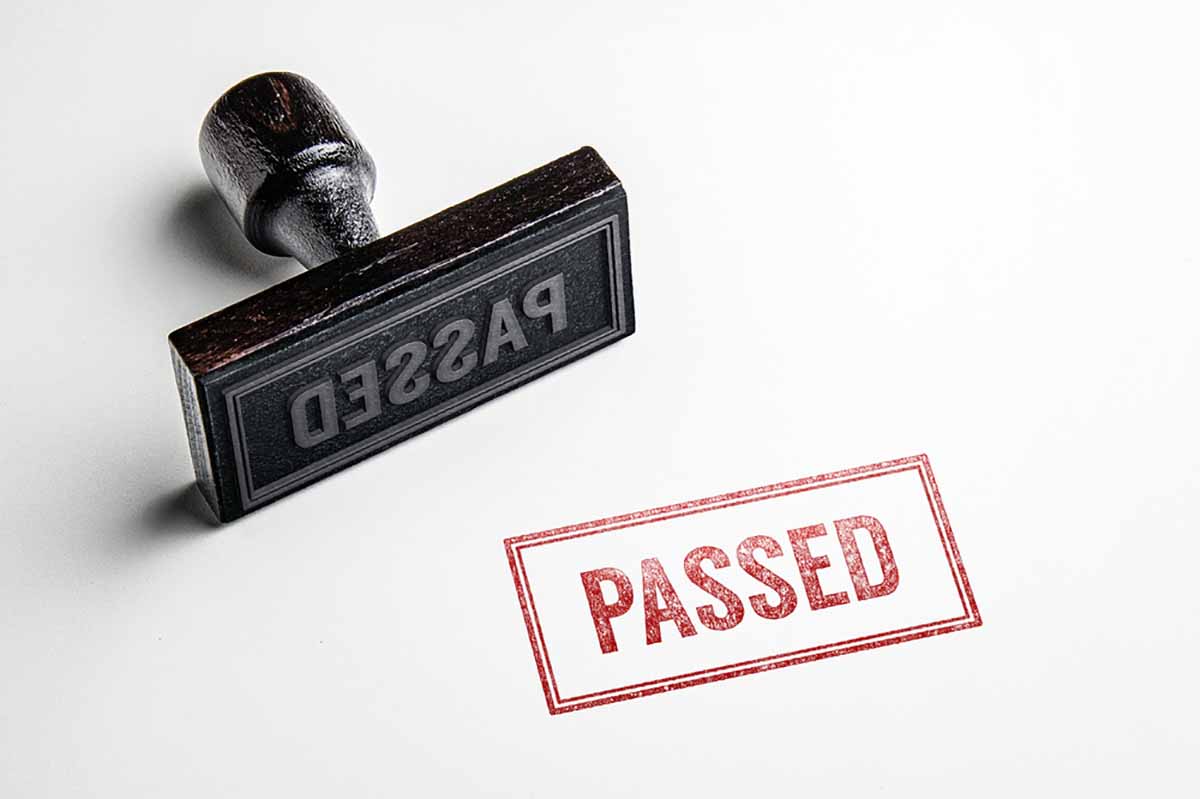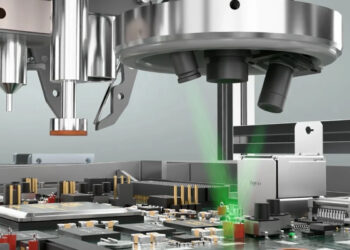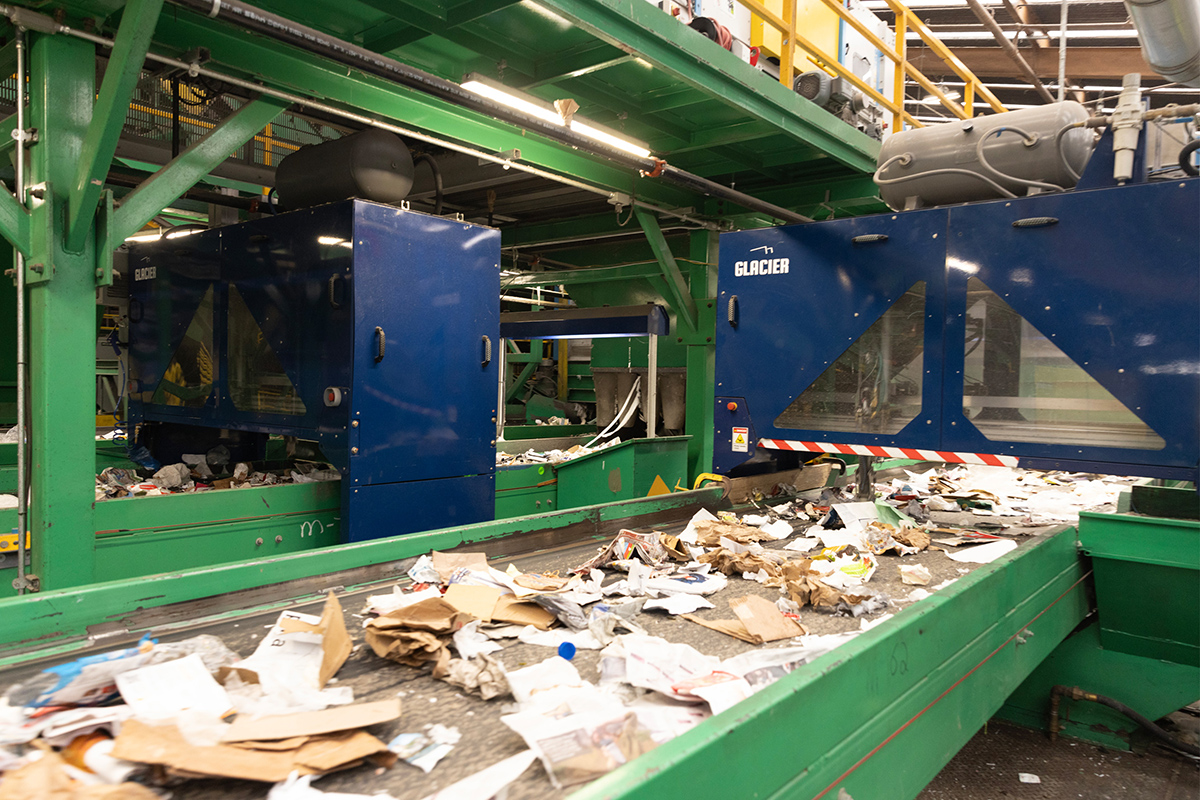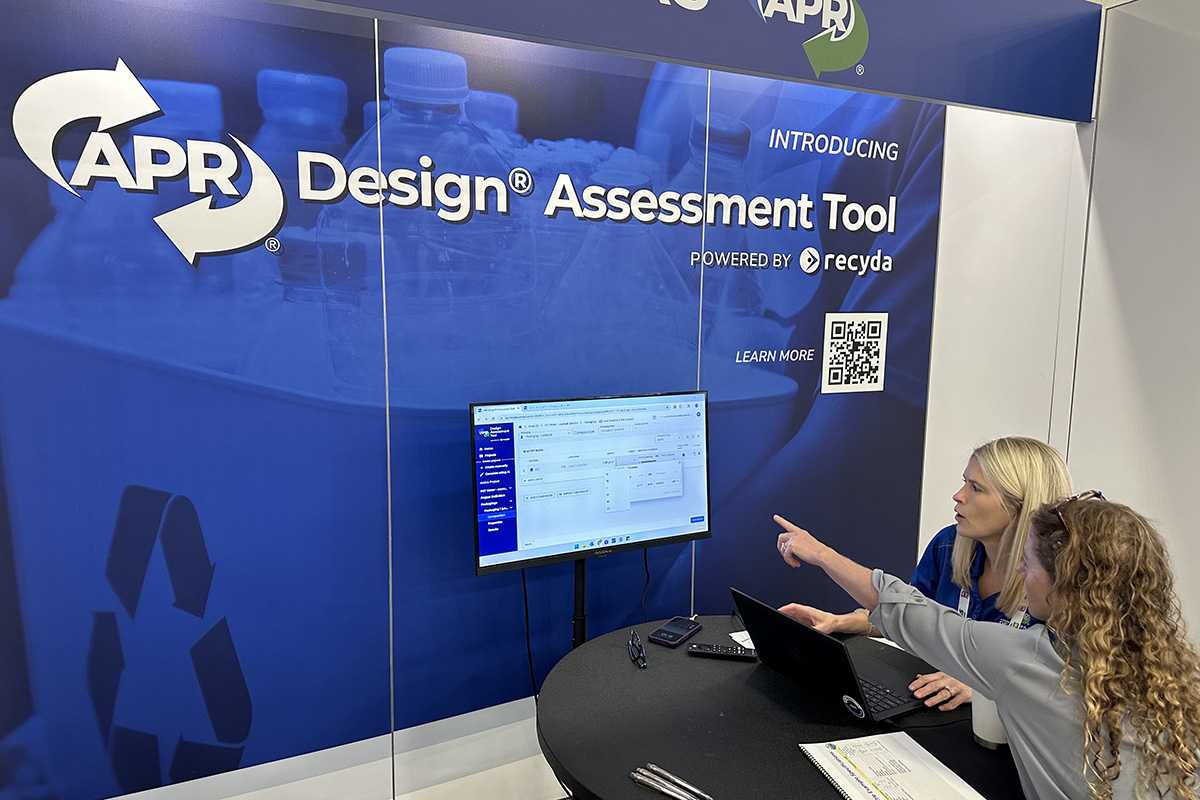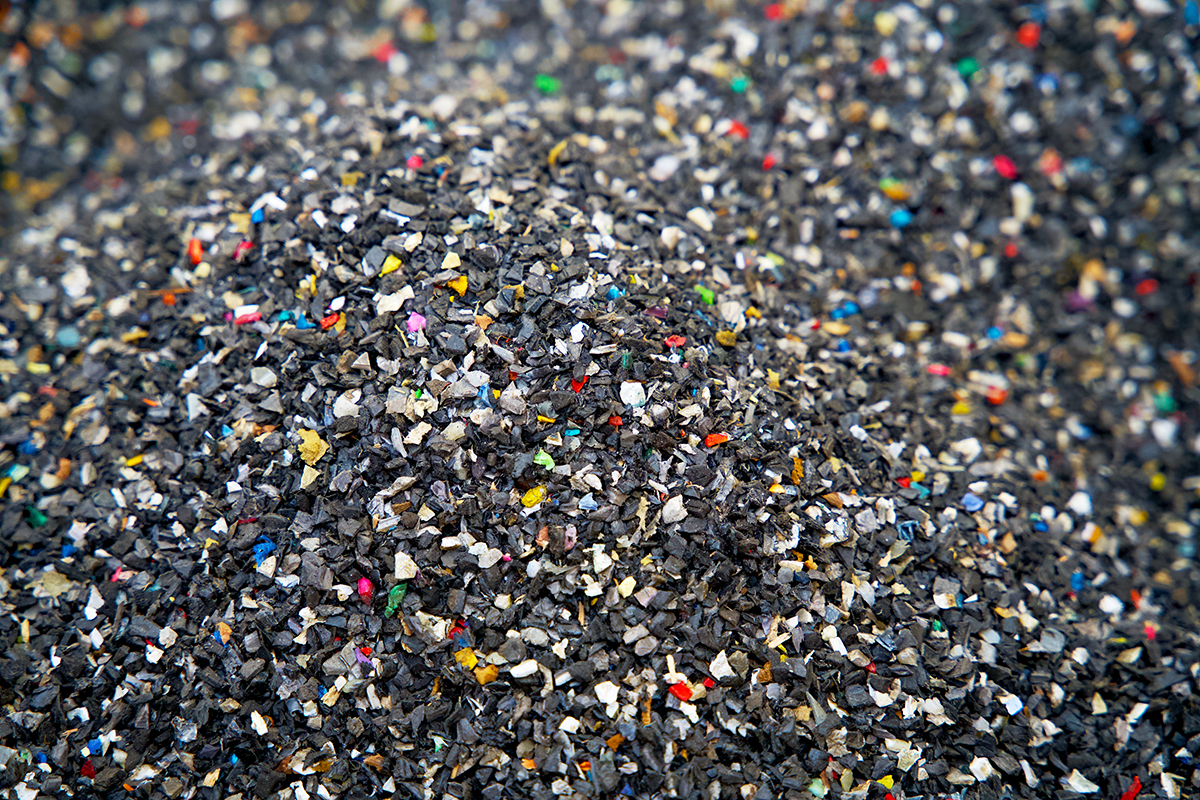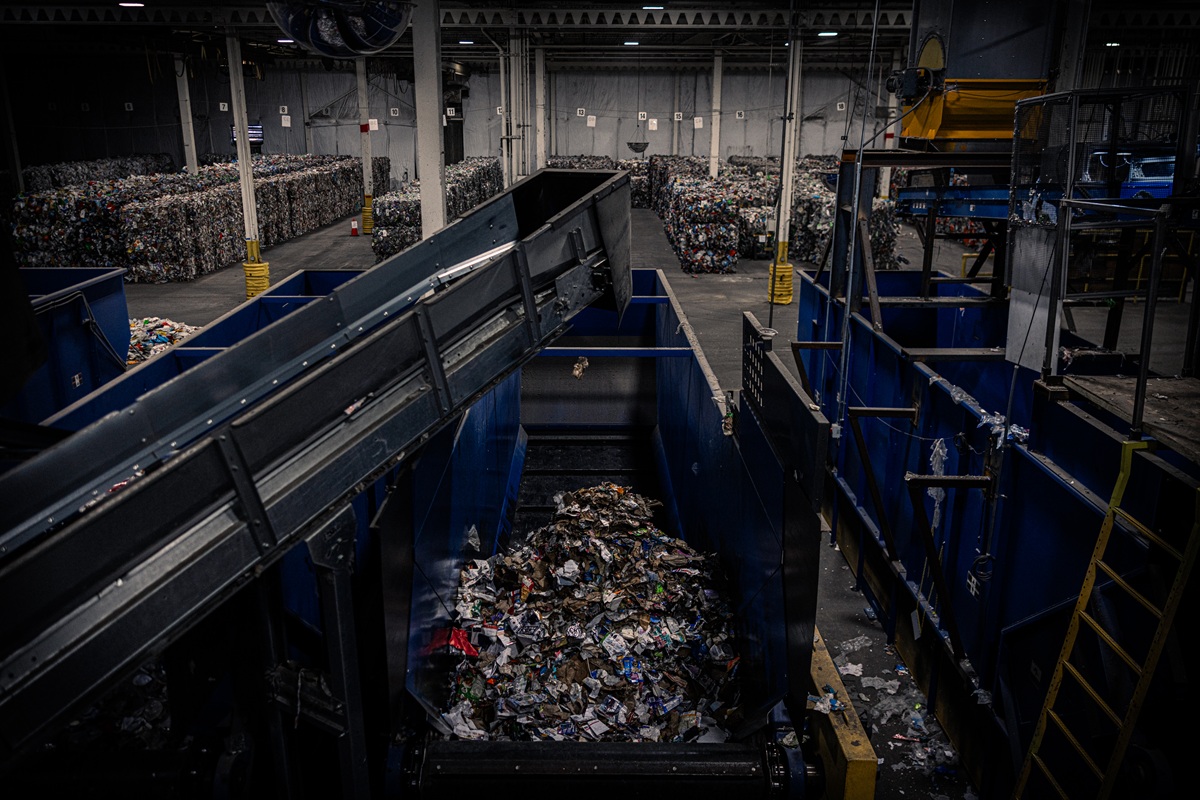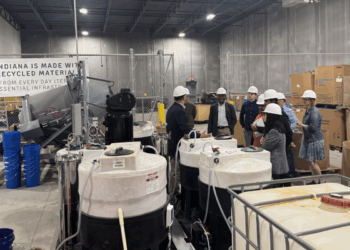Recent testing has shown that several bottle label innovations and a barrier tube package are compatible with plastics recycling processes, according to the Association of Plastic Recyclers (APR).
APR recently issued critical guidance letters recognizing packaging products from FLEXcon, Multi-Color Corporation and EPL Global.
The following information comes from APR webinars in October and November in which company representatives presented on their innovations.
The most recent roundup of packaging innovations receiving APR recognition was published in early October. (APR owns Resource Recycling, Inc., publisher of Plastics Recycling Update.)
Pressure-sensitive label adhesive
APR issued a Nov. 25 letter recognizing FLEXcon for two of its pressure-sensitive labels for PET bottles. Specifically, the letter covered the company’s undecorated optiFLEX ecoFOCUS PP 200 H Clear TC with V-52RE adhesive, as well as the company’s optiFLEX ecoFOCUS PP 230 H White TC with the same adhesive.
During an Oct. 2 APR webinar, Melissa David, project manager at FLEXcon Company, said the V-52RE adhesive enables recyclability of PET containers by separating cleanly from PET flake during the recycling process. The adhesive is available on 2-mil clear and 2.3-mil white top-coated biaxially oriented PP (BOPP) fims, she said.
Both the white and clear labels passed the recyclability testing by separating from the PET flakes and floating in the float-sink tank. Testing was conducted by independent lab Plastics Forming Enterprises (PFE).
During the webinar, Rick Skov, lead chemist for FLEXcon, said the V-52RE adhesive is based on acrylic chemistry. The company tried to make it as neat as possible, with fewer additives than would typically be found in other adhesives.
Range of labels for colored HDPE bottles
APR issued an Oct. 12 letter to Multi-Color Corporation (MCC) for a range of PP labels designed for HDPE bottles. The letter covers heat transfer, in-mold, pressure sensitive and shrink-sleeve labels for HDPE containers.
During an Oct. 9 APR webinar, Bonnie Proctor of MCC said the company submitted seven types of label variables to PFE for testing. The first three are products that MCC has actually sold for a couple of decades. Those included a gravure-printed heat transfer label, flexo-printed heat transfer label, and a gravure-printed in-mold label.
“We have brand owners, very important brand owners to us, that have asked us with our progression of sustainable label solutions if their products that we supplied to them today are friendly for the reclaiming process,” she said. So part of MCC’s objective in obtaining APR recognition was providing the customers with test results to help back up recyclability claims, she said.
The next three variables were all pressure-sensitive PP labels (all flexo printed), two of them clear and one white. They all had general-purpose permanent acrylic adhesives.
The last variable was a polyolefin shrink-sleeve label.
For testing, the labels were affixed to a colored container made with 35% PCR, Proctor said. Some of the labels were applied by machines and some by hand. One test included a loose label.
During the presentation, Matt Levesque of PFE said all seven of the test variables met APR guidelines.
Variations for barrier-layer tubes
APR issued a Nov. 30 letter to EPL Global for variations to its existing Platina 250 HDPE barrier tubes (EPL Global was previously known as Essel Propack Limited).
During a Nov. 2 APR webinar, Hariharan K. Nair of EPL global said the company achieved APR recognition in September 2019 for the Platina 250 HDPE tube with less than 5% EVOH as a barrier layer. But at the time, the assumption was that a PP cap would be used. In addition, the previous recognition covered only an undecorated tube.
For the latest round of testing and APR recognition, EPL Global submitted two variations to the Platina 250 tubes: one that was direct printed and decorated with flexographic UV-cured inks, and one that included an HDPE cap (the cap made up about 12.6% of the total packaging weight), Nair explained.
Nair said that testing at PFE showed both of the latest samples passed APR requirements.





